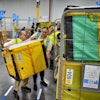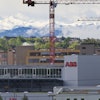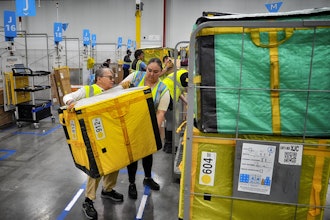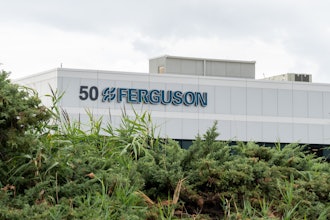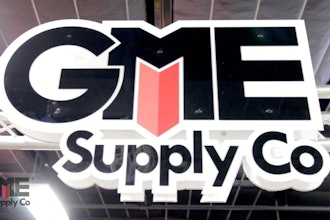WASHINGTON (AP) — The best cure for the economy now is time.
That's the overwhelming opinion of leading economists in a new Associated Press survey. They say the Federal Reserve shouldn't bother trying to stimulate the economy — and could actually do damage if it did.
The economists are lowering their forecasts for job creation and economic growth for the rest of this year, mainly because of high oil prices. A batch of bleak data over the past month has suggested that the 2-year-old economic recovery is slowing.
The economists now expect the nation to create 1.9 million jobs this year, about 200,000 fewer than when they were last surveyed eight weeks ago. They expect the unemployment rate, now 9.1 percent, to be 8.7 percent at year's end. Before, they expected 8.4 percent.
Despite their gloomier outlook, 36 of the 38 economists surveyed oppose any further efforts by the Fed to invigorate growth. The Fed has already cut short-term interest rates to near zero. And it's ending a program to buy $600 billion in Treasury bonds to keep longer-term rates low to help spur spending and hiring.
The economists say another round of bond-buying wouldn't provide much benefit, if any. And some fear it could make things worse by unleashing high inflation and disrupting financial markets.
When it buys bonds, the Fed in effect prints massive amounts of money. All that extra money in the system raises the nominal value of the things we buy, weakening the dollar, and it can create bubbles in the prices of stocks and commodities.
What the economy needs most, says John Silvia, chief economist at Wells Fargo, is time. Consumers must further shrink huge debts amassed in the mid-2000s. And the depressed housing market needs time to recover from a collapse in prices and sales.
"There are no magic bullets," Silvia says. "A lot of this stuff just really needs to be dealt with. It's not a question of stimulus."
In Washington, there's little appetite for major spending projects to try to strengthen the economy. Lawmakers are focused instead on whether to raise the nation's borrowing limit and how to cut its long-term debt.
President Barack Obama is seeking smaller ways to spur hiring. He traveled Monday to Durham, N.C., to announce a program to train 10,000 new American engineers each year.
Obama said private companies will join the government to promote education in science, technology, engineering and math. He said U.S. companies need the brightest American workers to remain leaders in technology and innovation.
At a clean-energy plant, the president also linked Washington's preoccupation with the budget to the nation's economic problems.
"We need to solve our medium- and long-term debt and deficit issues, not for abstract reasons but because they are a concrete impediment to growth and jobs," Obama said.
In the AP survey, the economists said they expected the economy to expand at a 2.3 percent annual pace this quarter, far less than their earlier 3.2 percent forecast. Their outlook for the July-September and October-December quarters and the full year has dimmed, too.
Since the economists were surveyed in April, the government has said that the economy grew at a scant 1.8 percent rate in the January-March period and that employers added just 54,000 jobs in April. In the previous three months, job growth had averaged 220,000.
The economists still expect growth to accelerate in the second half of the year. For all of 2011, they think the economy will expand 2.6 percent, down from their earlier estimate of 2.9 percent.
Their latest responses suggest that the economists underestimated how severely oil prices and Japan's earthquake and nuclear crisis would hurt the U.S. economy. Oil prices have jumped 26 percent over the past year. Twenty-six of the 38 economists surveyed described oil prices as a "major" problem for the economy.
The good news is that the economic damage from the Japan crisis, which caused disruptions in supplies of manufactured goods, should be temporary. And the price of gas has been falling since peaking in early May at $3.98 a gallon. It averages $3.70 a gallon now.
So far this year, higher gas and food prices have erased any pay raises workers are getting. Americans have responded by spending less than they might have on other things, like clothing and household goods. Their spending drives about 70 percent of the economy.
Maury Harris, chief U.S. economist at UBS Securities, said he was surprised how much higher gasoline prices caused people to cut back. He had expected them to reduce savings instead. Harris thinks that means people expect higher gas prices are here to stay.
A political impasse over federal budget cuts, combined with Europe's debt crisis, is also creating uncertainty and undercutting confidence, some of the economists noted.
"Business and consumer confidence is extremely fragile, and the headlines never seem to settle down," says Christopher Rupkey, chief financial economist at the Bank of Tokyo-Mitsubishi UFJ.
___
AP Energy Writer Chris Kahn in New York contributed to this report.

